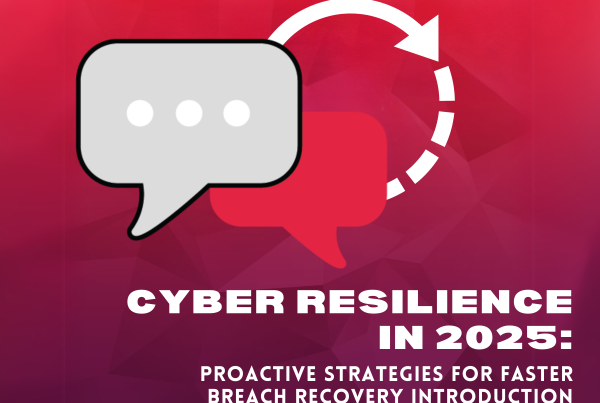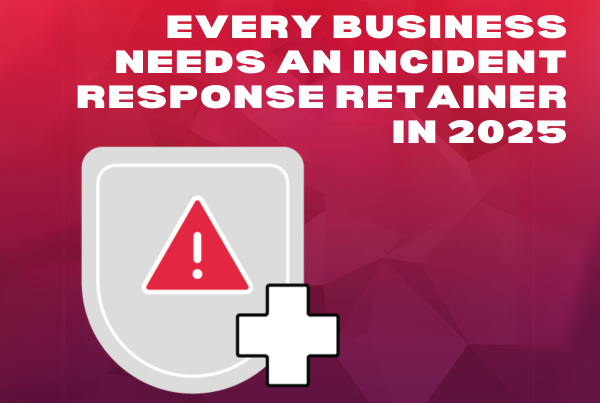In today’s rapidly evolving job market, the excitement of finding new employment opportunities is often muddied by the lurking threat of fake job postings. As the digital landscape expands, so too do the tactics of scammers looking to exploit those in search of work. The recent surge in job scams, particularly noted in 2023, underscores a critical need for vigilance among job seekers and business owners. These fraudulent postings are not just a minor inconvenience but pose serious risks, including identity theft, financial loss, brand damage, and significant emotional distress.
Cybersecurity advisory services highlight the sophistication of these scams, where criminals push out seemingly legitimate job offers to collect personal and financial information from unsuspecting victims. Such scams cleverly masquerade as opportunities from reputable companies, complete with convincing details and offers too enticing to dismiss without a closer look.
Deciphering the Complex World of Job Scams
Understanding job post scams involves recognizing them as sophisticated cyber threats aimed at exploiting both individuals and organizations. These scams are crafted with the intention to appear as legitimate job opportunities, often mimicking the branding and recruitment processes of reputable companies. Scammers use these fake postings to either phish for personal information, such as social security numbers and banking details, or to solicit money under the guise of application fees or training costs.
The dual aim is to commit:
- Identity theft
- Financial fraud
- Collect proprietary company information
This intricate deception not only damages the financial standing of victims but also tarnishes the reputations of impersonated businesses, leading to a loss of public trust and potential legal complications. Understanding the mechanics, motives, and methods of these scams is the first step towards developing effective defenses against them.
Adverse Effects of Fake Job Posts to Legitimate Businesses
It goes without saying, fake job posts or scams can have several negative implications for actual companies or businesses, including:
- Brand Damage: Fake job postings that use the name and reputation of a legitimate company can damage the company’s brand and reputation. When job seekers realize they have been scammed, they may associate their negative experiences with the legitimate company, even if it was not involved in the scam.
- Resource Drain: Companies often have to allocate resources to deal with the fallout from fake job postings. This may include customer service efforts to address concerns from people who have been scammed, legal action to stop the scams, and public relations campaigns to repair brand damage.
- Decreased Trust: Scams can decrease trust in the legitimate job market. Potential candidates may become more skeptical of real job offers, which can make it harder for companies to attract talent. This skepticism can extend to the company’s products or services, affecting overall trust in the company.
- Legal and Compliance Risks: If a scam is particularly convincing, a company might face legal challenges from victims. Even if these challenges are flimsy, they can result in legal costs and distract from business operations. Additionally, there may be increased scrutiny from regulators, which can lead to compliance costs.
- Cybersecurity Risks: Fake job postings sometimes aim to gather personal information for identity theft or to spread malware. If such activities are mistakenly associated with a legitimate company, it can raise concerns about the company’s cybersecurity measures and data protection policies.
- Employee Morale: For employees within the company, knowing that their employer’s name is being used in scams can be demoralizing and create a sense of insecurity. This can affect employee engagement and productivity.
- Customer Relations: Customers who hear about scams associated with a brand may question their loyalty or the integrity of the company, potentially leading to a loss of business.
To mitigate these impacts, companies need to be proactive in monitoring for fake job posts, partnering with an expert cybersecurity provider that can help them prevent and mitigate brand identity theft, and working with law enforcement and online platforms to remove fraudulent listings. Establishing clear and secure application processes and regularly communicating with potential candidates and customers about how to verify legitimate job postings are also important steps in protecting both the company’s reputation and the public.
Recognizing and Mitigating Fake Job Posts
Identifying fraudulent job postings is crucial for companies and businesses to protect their brand reputation and prevent potential applicants from being scammed. Here are several strategies and tips that can help businesses identify and respond to fraudulent job postings:
- Monitor Online Presence: Regularly search for your company’s name and variations of it online. Fraudulent job postings often use slight misspellings or variations of company names to deceive job seekers.
- Partner with Brand Protection Providers: Work with reputable Brand Protection providers who can safeguard against brand impersonation. This can help prevent fraudulent job posts.
- Trademark Your Brand: Trademarking your company name and logo can provide legal leverage to have fraudulent postings removed from job boards and websites.
- Work with Reputable Job Boards: Establish relationships with reputable job boards and career sites. Many of these platforms have their own verification processes to prevent fraudulent postings.
- Educate Your HR and Legal Teams: Make sure your HR and legal departments are aware of the potential for fraudulent job postings and know how to respond if they are found. They should be prepared to contact websites or legal authorities to have the postings removed.
- Use Social Media and Your Website: Regularly communicate through your official channels about how to find legitimate job postings from your company. Make it clear on your career page how the job application process works and caution about common signs of fraudulent postings.
- Look for Inconsistencies: Fraudulent job postings may have inconsistencies or present offers that are too good to be true, such as extremely high salaries for entry-level positions or jobs that require no experience or qualifications.
- Secure Your Email Domains: Ensure that your company uses a secure and recognizable email domain for all recruitment communications. Fraudulent postings often use email addresses that mimic legitimate companies’ domains.
- Implement Digital Security Measures: Use cybersecurity tools to protect your brand and monitor the use of your company’s digital assets.
- Report Fraudulent Postings: When fraudulent job postings are identified, report them to the hosting website, job boards, and, if necessary, law enforcement agencies. Some countries have specific agencies for reporting internet fraud.
- Educate Potential Applicants: Provide information on your official website about how to spot and report fraudulent job postings that falsely use your company’s name. This not only helps protect job seekers but also your company’s reputation.
- Legal Action: In some cases, it may be necessary to take legal action to get a fraudulent job posting removed and to prevent further misuse of your company’s name.
By implementing these strategies, companies can better protect themselves and job seekers from the negative impacts of fraudulent job postings. It’s also beneficial to maintain a proactive stance by regularly reviewing and updating your approach to dealing with fraudulent job postings as scammers’ tactics evolve.
In Conclusion
The rise of job post scams requires businesses to be ever vigilant and proactive in their defenses. By understanding the nature of these scams, recognizing their signs, and implementing comprehensive preventative measures, businesses can protect themselves and their stakeholders from the potentially devastating effects of these fraudulent activities.
IPV Network stands ready to assist businesses in fortifying their defenses against job post scams, offering expert advice, cutting-edge solutions, and a commitment to safeguarding digital integrity in the face of evolving cyber threats.
About IPV Network
Since 2016, IPV Network has been a trusted partner of leading enterprises in the Philippines. It brings the best-of-breed cybersecurity solutions. IPV network helps businesses identify, protect, detect, respond, and recover from cyber threats. IPV Network is DICT certified to conduct vulnerability assessment and penetration testing (VAPT) to evaluate cyber systems. Email us at [email protected] or call (02) 8564 0626 to get your FREE cybersecurity posture assessment!
Jobseekers beware: Phony postings and job scams are on the rise
https://abc7chicago.com/fake-job-posting-scam-alert-nordvpn-nord-vpn/13366615/
https://hireventures.com/hr-blog/protect-your-company-from-fake-job-scams/ https://moderndiplomacy.eu/2023/11/14/domain-typosquatting-online-trademark-protection-in-the-name-of-typing-errors/


